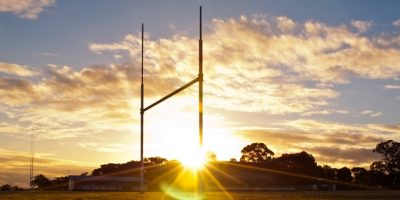 What a series of results in the National Conference League on Saturday!
It didn’t particularly seem to mean much when the NCL announced, recently, that it was ditching the concept of golden point, although it certainly pleased me. I don’t see anything wrong with draws. Life itself is often a draw in truth (in fact a draw would be a dream out
What a series of results in the National Conference League on Saturday!
It didn’t particularly seem to mean much when the NCL announced, recently, that it was ditching the concept of golden point, although it certainly pleased me. I don’t see anything wrong with draws. Life itself is often a draw in truth (in fact a draw would be a dream out Talking Grassroots: All square in the NCL as draws prove a hit
 What a series of results in the National Conference League on Saturday!
It didn’t particularly seem to mean much when the NCL announced, recently, that it was ditching the concept of golden point, although it certainly pleased me. I don’t see anything wrong with draws. Life itself is often a draw in truth (in fact a draw would be a dream out
What a series of results in the National Conference League on Saturday!
It didn’t particularly seem to mean much when the NCL announced, recently, that it was ditching the concept of golden point, although it certainly pleased me. I don’t see anything wrong with draws. Life itself is often a draw in truth (in fact a draw would be a dream out 
